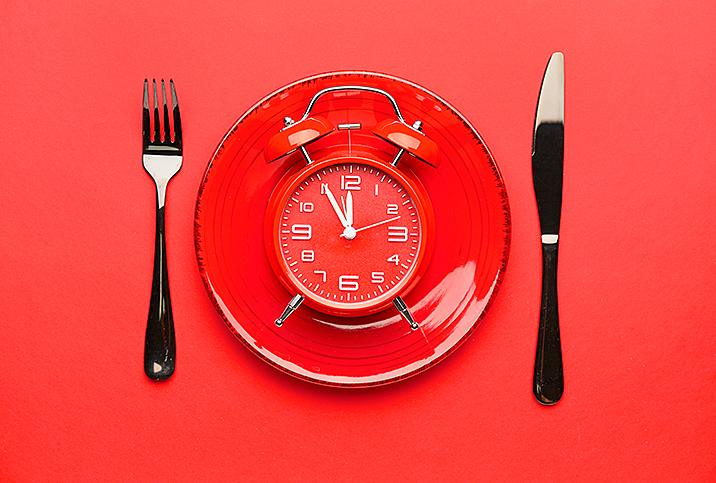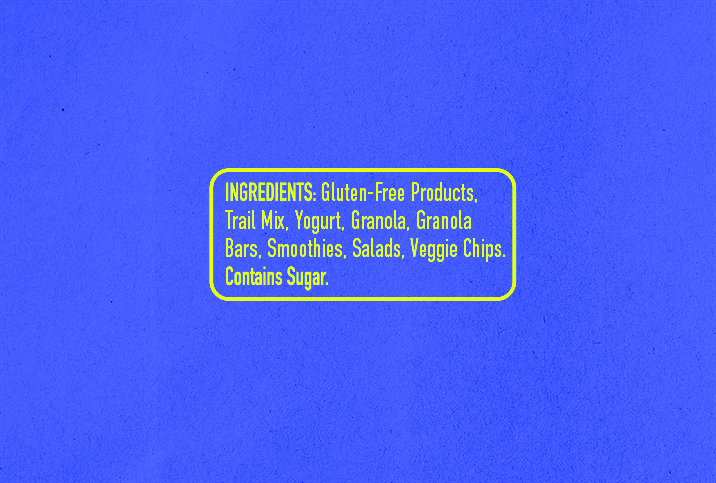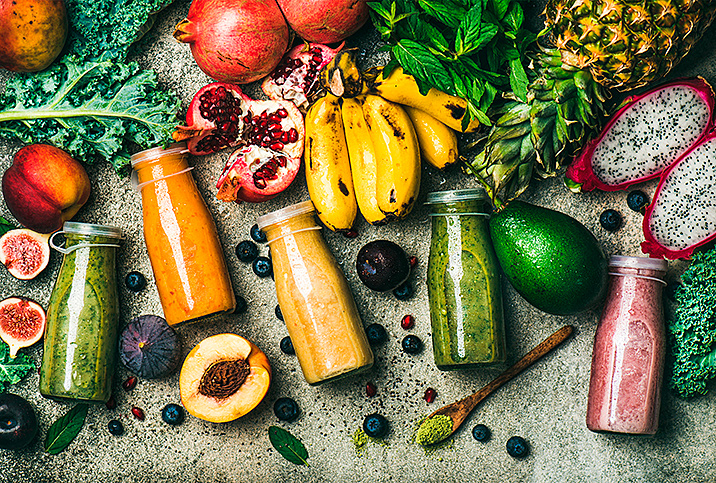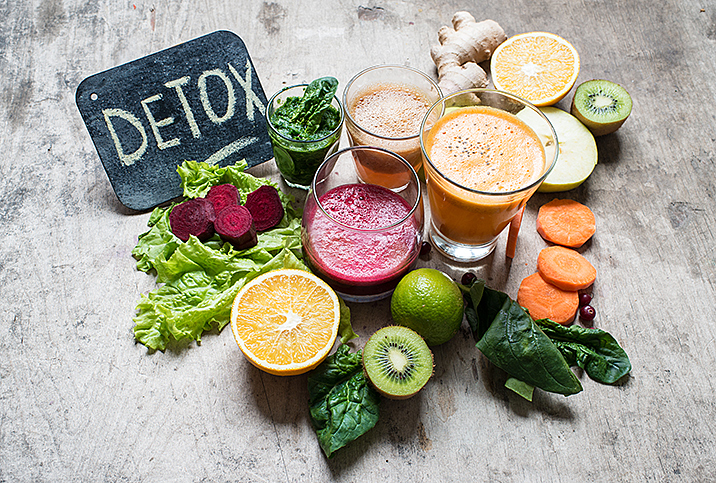Asian Diets Prove the Need for Balance, Not Trends
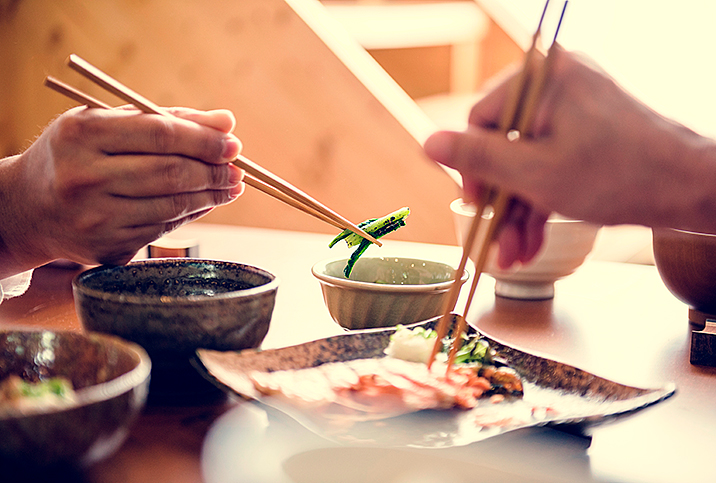
Asia is the world's largest and most populous continent, so it's both impossible and unfair to lump each country's cuisine into one category. However, from China to India to Thailand, and everywhere in between and beyond, there is one element in common: Most dishes are served with rice or noodles of some kind.
Given Western aversion to carbohydrates, many Americans are left scratching their heads as to why Asian diets consistently contribute to their populations enjoying long life expectancies.
Before we dive into what makes Asian cuisines good for your overall health, it's important to note that it's not solely diet that works.
"Asians keep an active lifestyle," said Liz Jane, M.D., who specializes in pharmacology, internal medicine, oncology and immunology. "So in addition to their food, they exercise more, and others engage in manual work that helps the body."
The type of carbohydrate matters
"Asians consume less wheat and more rice, while Americans consume a lot of wheat products, which are unhealthy," Jane said. "Asian cuisine also uses fresh ingredients, which are healthier than the American cuisine, which uses processed ingredients."
Jane also said Asians use less sugar, which is a carbohydrate, and the way they prepare their food retains flavor and color, which means the food needs fewer additives to make it taste and look good.
The cooking method plays a big part, as Asian cultures tend to steam, grill or stir-fry their food, which is infinitely healthier than deep frying. As for the prevalence of rice? It's pretty simple: Asian countries cultivate the world's bulk of the grain.
"The people have known how to prepare it together with other healthy foods," Jane said. "Vegetables and proteins plus fruit are taken in good measures. Rice is not like wheat, which adds weight. Rice is just a neutral source of carbohydrates."
Portion size counts
Foods that are not traditionally "healthy" are eaten in much smaller portions in Asia than what's produced and sold in the United States. Plus, they're also typically balanced by other foods, such as vegetables and healthy carbs.
"Portion control allows you to develop mindful eating habits, which play a direct role on your overall health and mood," said Gabriel Nunez, quality control technician at Consumer's Health Report. "Vegetables balance the meal and promote digestion of the other foods we consume, and carbs are essentially the body's main source of fuel, so they must be incorporated in healthy amounts and variations."
There are a few different ways to manage portion control.
"It takes energy to digest, and if a meal is divided into many small meals throughout the day, then that is causing the body to continually put energy into digestion and, thus, away from all of the other needs it may have," said Jacqueline Servantess, a holistic weight-loss coach.
Servantess recommended two nutritious and balanced meals per day, but as with anything regarding health, make sure to consult your doctor before changing anything too radical about your diet or exercise routine.
Meals should be balanced
It's important to have a balance of fats, proteins and carbohydrates in every meal. In many Asian cuisines, like those of Thai, Japanese and Indian cultures, each component is as important as the other. It's the balance that gives their cuisine the reputation of being "healthy," more than the actual ingredients used.
"Examples of foods that would be considered fats include olive oil, butter and cheese," Servantess explained. "Protein foods would include any type of meat, as well as eggs, and carbohydrates include all fruits, all vegetables and all grains."
Americans notoriously have a diet high in fats and simple carbohydrates, and while those elements are necessary in a balanced meal, American dishes fail to combine other elements that would achieve the appropriate nutrient composition.
"Fats do belong in a healthy diet, and many have raved over their health benefits, from the mainstream to the alternative health realm," Servantess said. "That being said, it has been widely overlooked that a high-fat diet can actually have many adverse health effects in the long term and just because it can be manipulated [as in the keto diet] to cause weight loss, that does not make it healthy."
The ideal cuisine
Servantess pointed out that not all protein is created equal, even though protein is a key part of a balanced meal. Asian diets use animal proteins as well as plant-based proteins, both of which are considered healthy depending on a person's dietary restrictions.
"Quality meats can include things like hard-boiled eggs, chicken, duck, turkey and beef," Servantess explained. "Animal protein provides certain nutritional benefits that vegetable protein simply does not compete with. That doesn't mean people cannot thrive on a vegetarian diet, but if someone is not opposed to eating meat for moral reasons and is wanting to follow the healthiest possible diet available, then they may definitely want to consider including quality animal protein in their diet."
Last but not least are carbohydrates, an essential part of a healthy diet when eaten properly and in conjunction with other healthy foods.
"Vegetables are definitely a favorite when it comes to health," Servantess said. "Therefore, it probably doesn't take a lot of thought to realize that including a lot of vegetables in one's diet is typically the way to go. Grains, on the other hand, will provide serving sizes that will typically be a lot smaller than vegetables, while still providing the same amount of calories. That does not mean grains are bad, though. Grains are highly sustaining and also an absolute staple in an optimal and healthy diet."
Servantess recommended eating two nutritious meals a day, with each ideally including a lot of vegetables, a small to moderate amount of whole grains, a moderate amount of animal protein and a small amount of fat.












